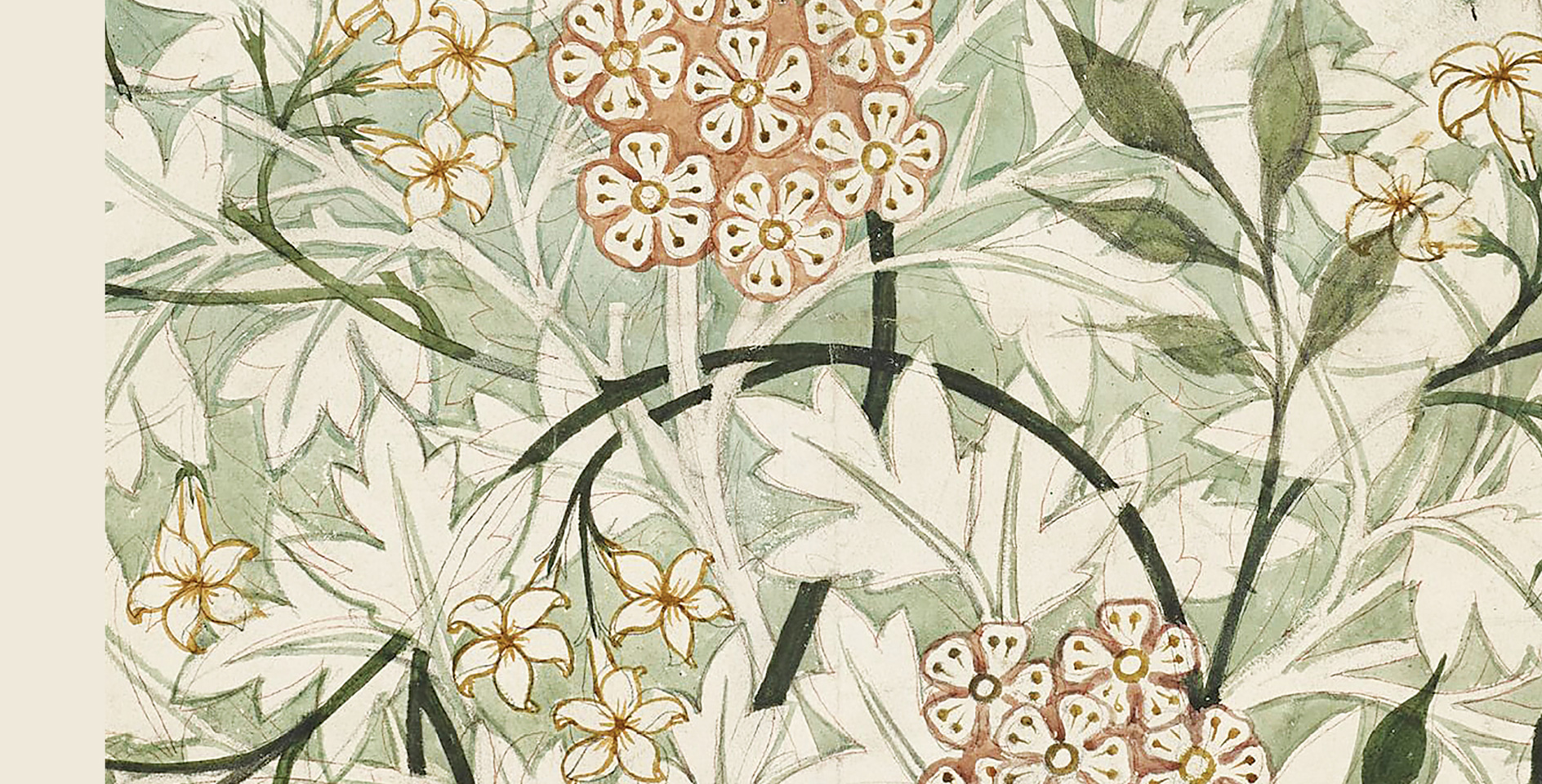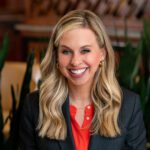While the U.S. Supreme Court decision, Roe v. Wade, has been left in our nation’s recent past, abortion and its effects still plague our nation. Although exact statistics are hard to determine, over 63 million abortions have taken place in our nation since 1973, according to the National Right to Life. While adamantly affirming that abortion is wrong, it’s important to acknowledge that each one involves a mother who has been preyed upon, and often an orbit of other concerned individuals including partners, family members, and friends.
The pro-life movement that rose up after Roe quickly understood that they must care for those left in the wake of an abortion, whether that was two weeks or two decades later. As we enter into a post-Roe future, we must not forget about women and men like these. Their stories may even be essential to understanding the shared experiences of so many in our nation and in charting a way forward.
Support After Abortion began in 2016 to provide compassion and hope to those affected by abortion. Its focus is abortion healing, defined by the organization as “working through your emotions and behaviors connected to your abortion experience and finding healing through the journey.” Today, its research and methodologies are carving new ground through an options-based approach.
While we know that true freedom is only found in full surrender to Jesus Christ, the work of Support After Abortion is connecting thousands of hurting people to abortion-healing providers and equipping many to care for this population, leading individuals toward better decisions and healthier lifestyles.
Kylee Heap, the organization’s chief operating officer, provides us insight into this life-changing organization and how it seeks to inspire compassion and promote collaboration from a diverse group of organizations.
Jill Waggoner: What is Support After Abortion?
Kylee Heap: Support After Abortion is at the forefront of the abortion-healing movement, uniting providers and connecting them with those hurting from abortion to help them find hope and healing. With the awareness, national recognition, and credibility we have achieved, Support After Abortion is a catalyst leading a global change in thinking and best practices for options-based abortion healing.
JW: How did your ministry begin?
KH: Janine Marrone, Support After Abortion’s board president, attended a Luncheons4Life event and was moved by a speaker’s testimony about the emotional pain of her abortion experience.1https://luncheons4life.com/ Realizing millions of people are hurting from abortion, Janine began collaborating with leaders in southwest Florida to formulate a strategic plan to better serve those hurting after abortion. She undertook field and consumer research to get to the ‘why’ of the fact that 8 out of 10 people impacted by abortion do not know where to go for healing.
The results revealed a need to unite the hundreds of abortion-healing programs available to build and strengthen abortion healing worldwide. Support After Abortion was founded. We were invited to partner with the movie Unplanned to create and lead a network of abortion-healing providers to support individuals seeking help after watching the movie.2https://www.unplannedfilm.com/ By the time of the movie’s release, our network included over 1,400 abortion-healing providers.
While anyone can go directly to an abortion-healing provider for help, our matching program unites someone hurting with the program best suited to their needs. It’s called an options-based approach, and options include one-on-one vs. group, in-person vs. virtual, retreat vs. weekly, religious vs. secular, single-sex vs. not, as well as options by gender, faith (e.g., Catholic or Protestant), and language.
As a result of providing options-based healing programs and our partnership with the movie Unplanned, Support After Abortion grew from serving 52 clients in 2018 to serving over 900 clients in 2019. They were flooding in from all over the world, searching for safe, confidential, and compassionate help.
What we learned through this process was that, as a whole, the nation was underserving those affected by abortion by largely providing a one-size-fits-all program. Experience and research revealed that a majority of people affected by abortion wanted to remain anonymous and preferred secular support.
JW: Based on your experience, what effects do those who have participated in an abortion struggle with?
KH: Our experience shows that both men and women hurt after abortion. After an abortion experience, a person may feel relieved. Later, some of the feelings experienced are regret, hopelessness, shame, anger, guilt, and anxiety. It is complicated to feel both relief and grief.
In our research on the impact of medication abortion, we found that 34% of women reported an adverse change in themselves, including depression, anxiety, substance abuse, and thoughts of suicide.3https://supportafterabortion.com/resources/research/ Our research on the impact of abortion on men will be released in early 2023. We have also uncovered that the emotional wounds of medication abortion exceed those of medical abortion due to the physical and visual experience.
JW: How has the Dobbs case and the national attention on the topic of abortion affected the people you serve?
KH: The Dobbs case and the national attention on the topic of abortion has affected the people we serve in a variety of ways. Abortion has become a common topic, but it is often being spoken about in polarizing and shame-inducing ways. It’s not a conversation; it’s broad-reaching statements posted on social media, spoken about in the news, etc. Clients are reaching out who are learning for the first time how their co-workers, family, friends, and community think about abortion. Those statements are being received personally, despite them not being made personally.
One client felt a great deal of shame in her workplace as she was newly aware of how her co-workers felt about abortion and their not knowing she experienced abortion. Can you imagine the ripple effect this has had on her well-being, let alone (and less importantly) her workplace relationships and productivity?
We also have clients who have re-entered abortion healing, newly re-hurting from the conversation, and new clients who are reaching out for the first time because they have learned loved ones had an abortion that they didn’t know about. One, for example, learned her sister had an abortion from a social media post, and she is currently grieving the loss of a niece or nephew.
We’ve seen a tremendous amount of social media discouraging those who are thinking about or experienced abortion from reaching out for help for fear it would be used in legal proceedings and prosecution. We know people are hurting and need help. It’s heartbreaking to see Reddit communities advancing black market abortion pills, social media tutorials on avoiding using apps or logging details on a woman’s cycle (likely to create more unplanned pregnancies), and ways to remain anonymous in seeking abortions. In light of these worries, we have created a completely anonymous Client Healing Center where those hurting after abortions can experience self-guided healing resources, as well as hear stories of those who have walked in their shoes.4https://supportafterabortion.com/client-healing-center/
JW: Many women who have had abortions might have been hurt by or feel suspicious of those in the church. How can we make inroads with these women?
KH: We can make inroads with men and women who have experienced abortions by being a safe place for them. What a simple sentence, yet complex implementation! That begins with our language before and after abortion experiences. Right now only 7% of people approach a church with an abortion decision. They cite fear of judgment and lack of visible support as the reasons.
Check your signs, listen to your voices, assess how the church is reaching both inside and outside its community, and recognize that an abortion-experienced man or woman may be sitting in the pew next to you. Let us help you. Without challenging our perspectives, we can’t see what we’re doing that makes us unsafe to those hurting.
JW: What do those who carry the scars of abortion need from the church? How can someone learn more about how to better minister to women who have had abortions?
KH: Men and women who have scars from abortion need a church that equips its community to see and speak about abortion as a human issue not a political one. The experience people label as “the church” often is the experience they have with a person who is church-going. If we equip our communities, can you imagine the ripple effect each Christian witness would have?
A woman we supported entered into healing a decade after her abortion experience and shared that she felt silenced in her grief and pain all those years by one side telling her she was a murderer and the other telling her nothing happened at all. Her life had unraveled, and she only experienced isolation within community. Another recently shared with us that she lied about her abortion as having had a miscarriage because she didn’t know how else to receive the care and comfort she needed in her grief from her community.
I, personally, through working at Support After Abortion, had a friend of mine step forward to share her abortion experience because she heard my language change and felt ready to speak to me six years after. I had become a safe space. Our CEO experienced the same story.
We invite all men and women who want to learn about how to have a conversation about abortion and how to engage in abortion healing to our monthly webinars and to our training platform. We also have tools to equip people in having a successful conversation. Contact [email protected].
JW: Why should Christians care about this?
KH: As Christians, we should care about our hurting brothers and sisters in Christ, as well our unbelieving neighbors. Many who are Christians are experiencing distance in their relationship with Jesus around their abortion experience(s). We know 50% of abortions are repeat. Our ministry knows that freedom from trauma-informed decision-making is found through healing. Breaking the cycle of trauma has infinite possibilities in downstream decision-making. Breaking generational trauma is vital to healthy families.
JW: What steps might someone take who is interested in starting this kind of ministry, whether inside their church or as a parachurch organization?
KH: Here are a few of our professional training options:
- We offer a 1-day workshop called “How to Start or Diversify Your Abortion Healing Program”. Within this workshop exists assessments, intake form examples, and a how to offer options-based healing (or refer to it).
- We offer monthly web-based meetings to new and existing Abortion Healing Providers that equips them with gold-standard and research-based options-based healing education.
- And, we offer a “Clinical Care for Clients with Abortions” monthly webinar that educates and equips clinicians with the resources and training needed to care for clients.
On our website, we share certificate-level courses on demand for new and existing providers. We also provide a resource called Keys to Hope and Healing, an introductory healing program that anyone can incorporate into their ministry with our training. This has been done in partnership with The Word Among Us. And, we offer a book called Unraveled Roots: Exposing the Hidden Causes of Damaging Behaviors that is a wonderful starting place for someone who wishes to unpack damaging behaviors rooted in childhood trauma. We often see, for example, that abortions are rooted in co-dependency. And, while our work is “after” abortion, we also know that we are called to help people experience the fullness of healing and prevent their next abortion.










